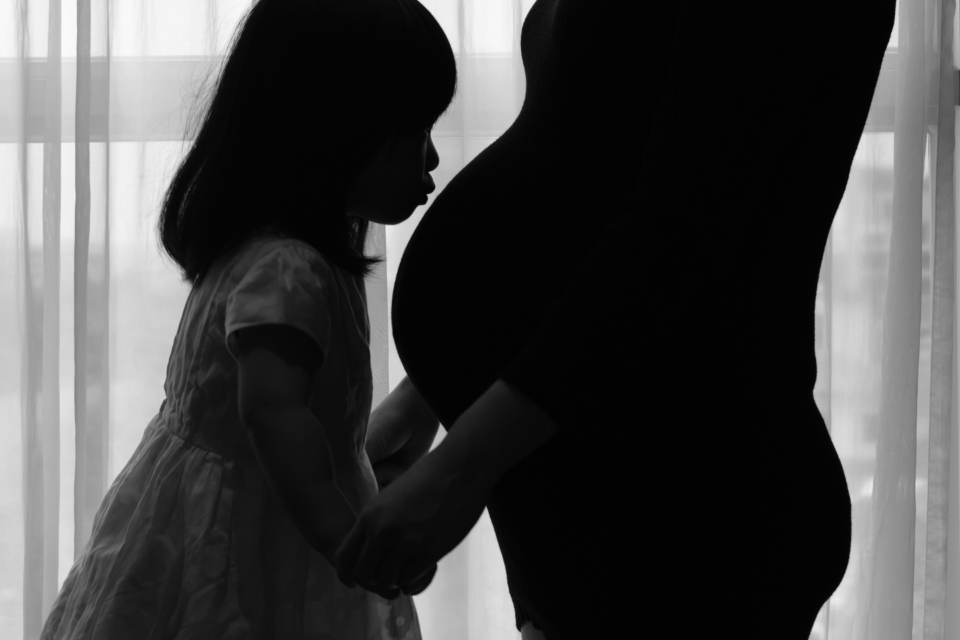Responding to the current maternity crisis many services are pulling midwives out of community care to centralise. Nicole Rajan-Brown, Editorial Executive, Maternity and Midwifery Forum; former Editor, The Student Midwife Journal, discusses reasons why this is not helpful to meeting the needs of women and families.
_______________________________________________________________________________________________________________________
Call the midwife: the fallacy of centralised care
In crisis
Midwifery services are in crisis. The current state of poor staffing, poor working conditions and poor outcomes are evidenced in recent independent reports, including . The crisis is not limited to hospital-based settings but extends to community services. These wide-reaching settings covering antenatal and postnatal clinics in local hubs, homebirths and midwifery-led settings, home visits, parent education and, in some cases, continuity of carer across primary and secondary settings. Yet, they are often forgotten.
With poor staffing, and the prioritisation of acute, centralised services, traditional community care pathways, such as home visits and regular postnatal visits, have been increasingly reduced. These settings have been disproportionately impacted by closures and cancellations, expedited by the COVID-19 pandemic. Some, once indisputable, perinatal care pathways are being presented as an optional extra due to stretched services. However, each pathway and appointment is key to ensuring the health and wellbeing of families and to prioritise public health.
Better Births highlighted the importance of community-based hubs and continuity models strongly linked to positive and improved maternal and neonatal outcomes. Relational care is key, and yet these opportunities are reduced in less flexible system-focussed settings. Under the guise of promoting safe staffing, continuity has been halted in many trusts. Calling the midwife now often leaves no reply.
Perpetuating crisis
For service-users
Considering holistic needs, midwifery assesses the past, present, and future of health, and its impact on pregnancy and beyond. Public health is a crucial element of midwifery practice, promoting preventative care over reactive care models across the childbearing continuum.
Postnatal care, largely supported in the community, has been called the Cinderella service, with poorer care provision. Suicide remains a leading cause of maternal deaths up to a year postnatally, the severity of need is clear. Mental health concerns across the perinatal period are endemic, as well as the importance of those early day postnatally for family health. In 2014, postnatal care was deemed unfit for purpose by the Chief Medical Officer in England. However, primary postnatal services have been further cut back to phone calls, fewer appointments, clinics over home visits, and the pressure of ever-increasing women to visit. The outcomes for minority groups in pregnancy are already poorer than privileged counterparts, and yet, these reductions in services make care less accessible to the most vulnerable.
A further issue compounded by poor postnatal provision is infant feeding. Breastfeeding rates in the UK remain some of the lowest, despite the health benefits for parent and child. Eight in ten stop breastfeeding before they want to. However, reduced support does not promote ongoing breastfeeding, with many relying on local charities and not-for-profit organisations to fill the gaps in care.
These examples are not exhaustive; without appropriate antenatal and postnatal provision, long-term health and wellbeing is being compromised for the benefit of system-focussed, short-term goals.
For midwives
The culture perpetuated within midwifery services often leads to a division and negative competition between different areas of midwifery services, impacting on work satisfaction and midwives wellbeing. Every element of midwifery has its value and its place. Intra-disciplinary working is as important as inter-disciplinary working; truly integrated midwifery services are essential to promote and harness intra-discipline expertise.
Despite lacking evidence for this decision, Ockenden’s recommendation that newly qualified midwives should not work in community settings mirrors the value of community care. This recommendation has not secured the future of community and midwifery-led care, despite its evidenced importance.
Often not a time-critical service, the value of community care can be diminished. Community midwives are reporting increasingly being asked to cover short staffing within acute settings. Community-based clinicians are covering on calls in maternity units, working full night shifts after completing a full clinic or home visits in the day. At times, this has prioritised the needs of acute settings over the health and wellbeing of midwives. Not only does this impact on midwives but has an effect on other service-users accessing standard pathways of care, either through cancellations of clinics, or poor continuity, both having the potential to cause poorer outcomes.
Addressing the fallacy
Evidence-based, choice-focussed care is key to gold standard care, reflected in the core facets of The Code. Changes that reduce services also decreases education and choice, inevitably impacting on outcome both in experience and perinatal care, health and wellbeing. Acute care is crucial and has its place in promoting safe care for pregnant women and people. However, without primary care in place, the most vulnerable are at increased risk, without continued and appropriate prior to and at the onset of concerns, with risk factors appropriately addressed.
The fallacy of centralised models is that although this system-focussed care may be more efficient, community-based, person-centred care, working in partnership with a wider multi-disciplinary team, is more effective.
Innovative models of care, such as pregnancy circles currently being trialled across the UK, promoted effective and efficient care, are looking to address the issues within the system whilst centring individual needs. Maternity services must consider ways to address system issues, without compromising family-wide wellbeing or that of midwifery professionals.
Nicole Rajan Brown
November 2022




1 comment
Wonderful Nicole
The present recommendations completely ignore all research. Pushing all women into the highest level of care is madness. It increases intervention unnecessarily , causes many more complications and is extortionally expensive
Well done for oiunting it out
Comments are closed.